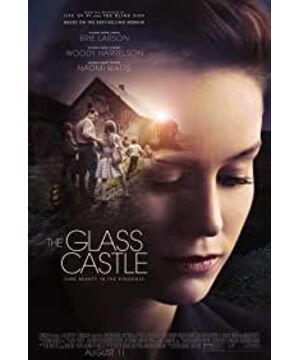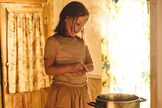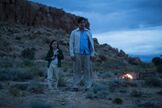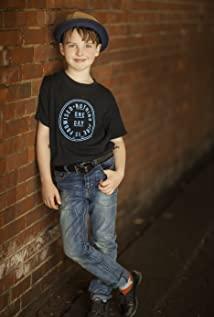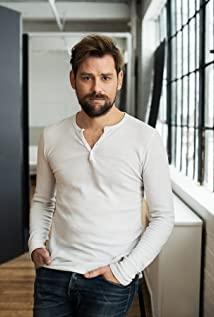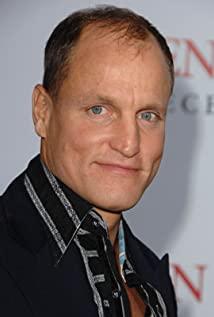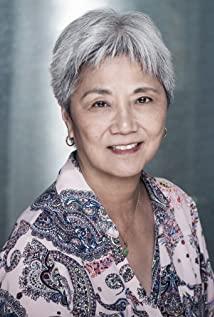The film is full of contradictions. Dad's personal psychological shadow led him to smoke and drink so much that he became homeless. This is the so-called freedom. The rebelliousness and growth of the little girl shows that the influence of parents on children is throughout life. It can't be said that this father's character is not good, it can only be said that he can't escape his psychological shadow. Like a vicious cycle, his children also have psychological shadows. Many people said that his whitewashing at the end was very abrupt. I think it was made like this on purpose, because the main point of view is the heroine little girl. He has lived in the shadows for so long that he thinks his father like a conditioned reflex. It is a synonym for bad, and it is only when he is dying that he realizes that he is good. This also has implications for some families in reality. For the glass castle, the fantasy residence of the male protagonist may be an escape from reality, and may just be a perfect symbol. My understanding is that this represents the ideal of many people, and many people spend their whole lives fighting for the ideal, but for various reasons there is no way to realize it. But still the same sentence, no ideal is impossible, what if it is realized?
Woody Harrelson's acting is as good as ever, and among the children I saw max and young Shelton in Stranger Things season 2 was also a surprise.
In general, it is still a very good movie, and different people will have different understandings of the glass castle.
View more about
The Glass Castle reviews


